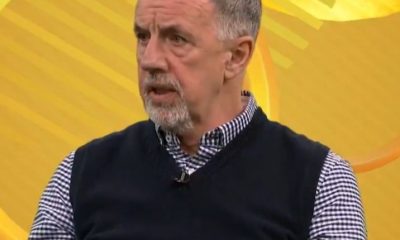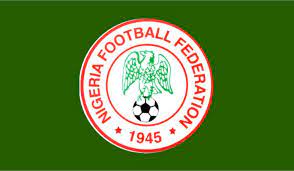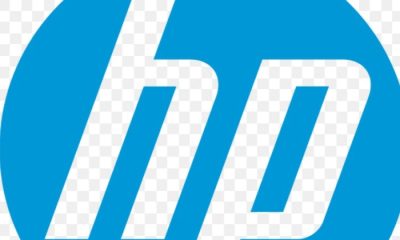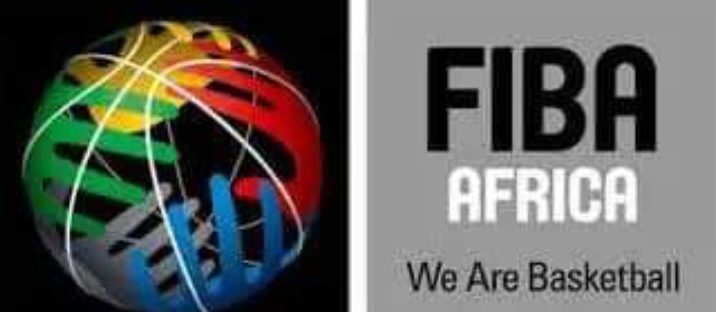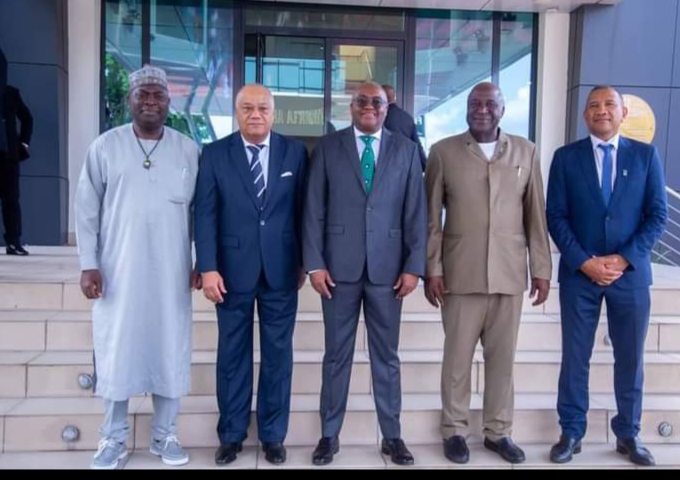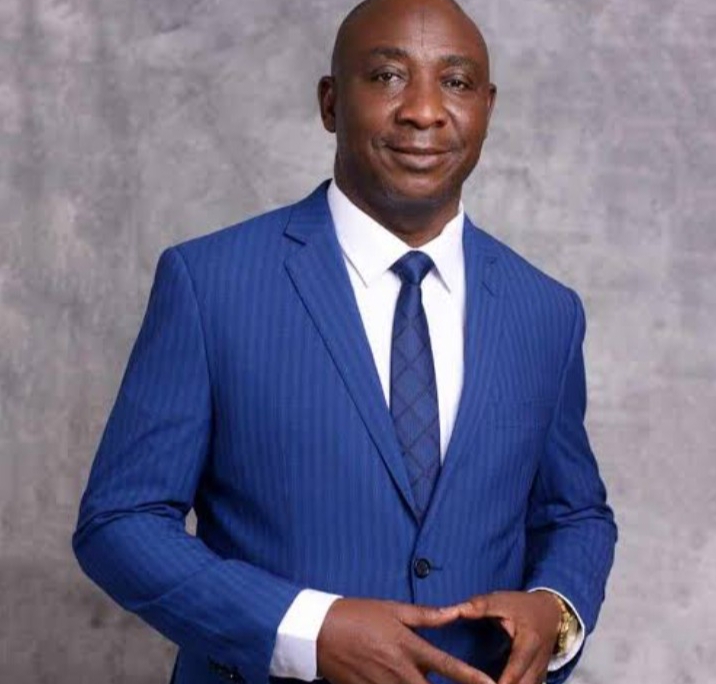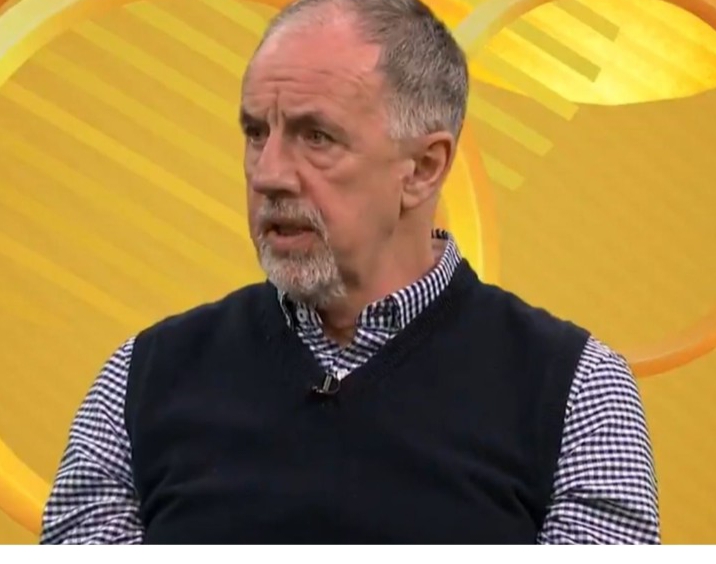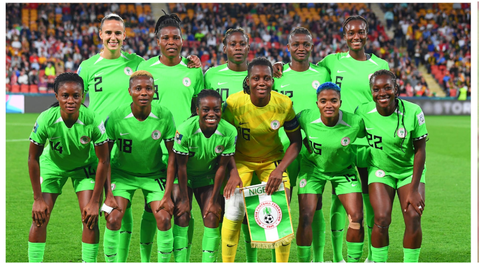News
I almost joined Chelsea in 2014 – Lionel Messi

News
EPL:Tottenham Humiliate Manchester City with Stunning 4-0 Victory in Premier League Clash
News
FIBA Africa gives more responsibilities to the Zones
News
FIBA Africa gives more responsibilities to the Zones…Confirms host of Afrobasket men and women events…Madagascar’s Jean Michel appointed as Vice
News
NFF President, Gusau, elected 1st Vice President of WAFU B
News
Mark Lawrenson Predicts Premier League Results for the Weekend Fixtures
News
Nigeria’s Super Falcons Drawn Against Tunisia, Algeria, and Botswana in Group B of 2024 WAFCON
-
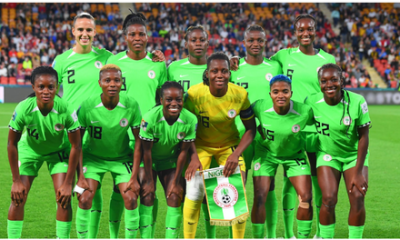
 News15 hours ago
News15 hours agoNigeria’s Super Falcons Drawn Against Tunisia, Algeria, and Botswana in Group B of 2024 WAFCON
-
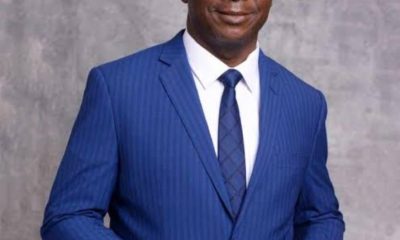
 News15 hours ago
News15 hours agoNFF President, Gusau, elected 1st Vice President of WAFU B
-
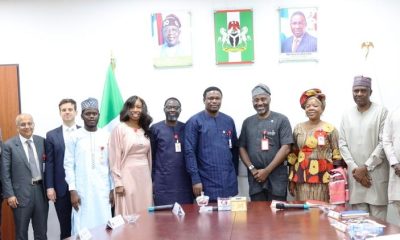
 News16 hours ago
News16 hours agoEFCC warns banks against fraudulent practices
-

 News16 hours ago
News16 hours agoAgain, Naira gains massively against the US Dollars
-
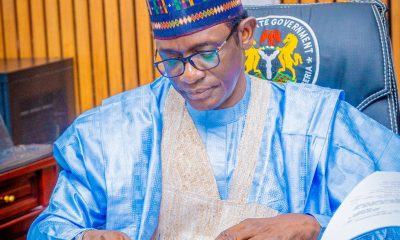
 Metro5 hours ago
Metro5 hours agoYobe approves N70,000 minimum wage for workers
-
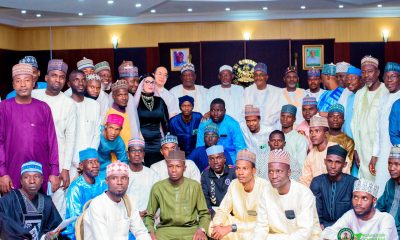
 Education15 hours ago
Education15 hours agoJigawa sponsors 30 Engineering graduates to China
-
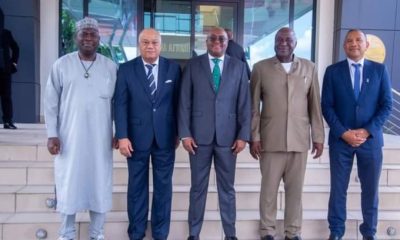
 News8 hours ago
News8 hours agoFIBA Africa gives more responsibilities to the Zones…Confirms host of Afrobasket men and women events…Madagascar’s Jean Michel appointed as Vice
-

 News2 hours ago
News2 hours agoEPL:Tottenham Humiliate Manchester City with Stunning 4-0 Victory in Premier League Clash
-
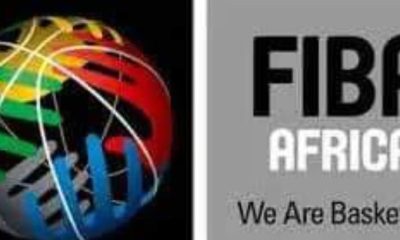
 News5 hours ago
News5 hours agoFIBA Africa gives more responsibilities to the Zones
-

 Metro13 hours ago
Metro13 hours agoNigeria sharia police to raid betting shops after court ruling


